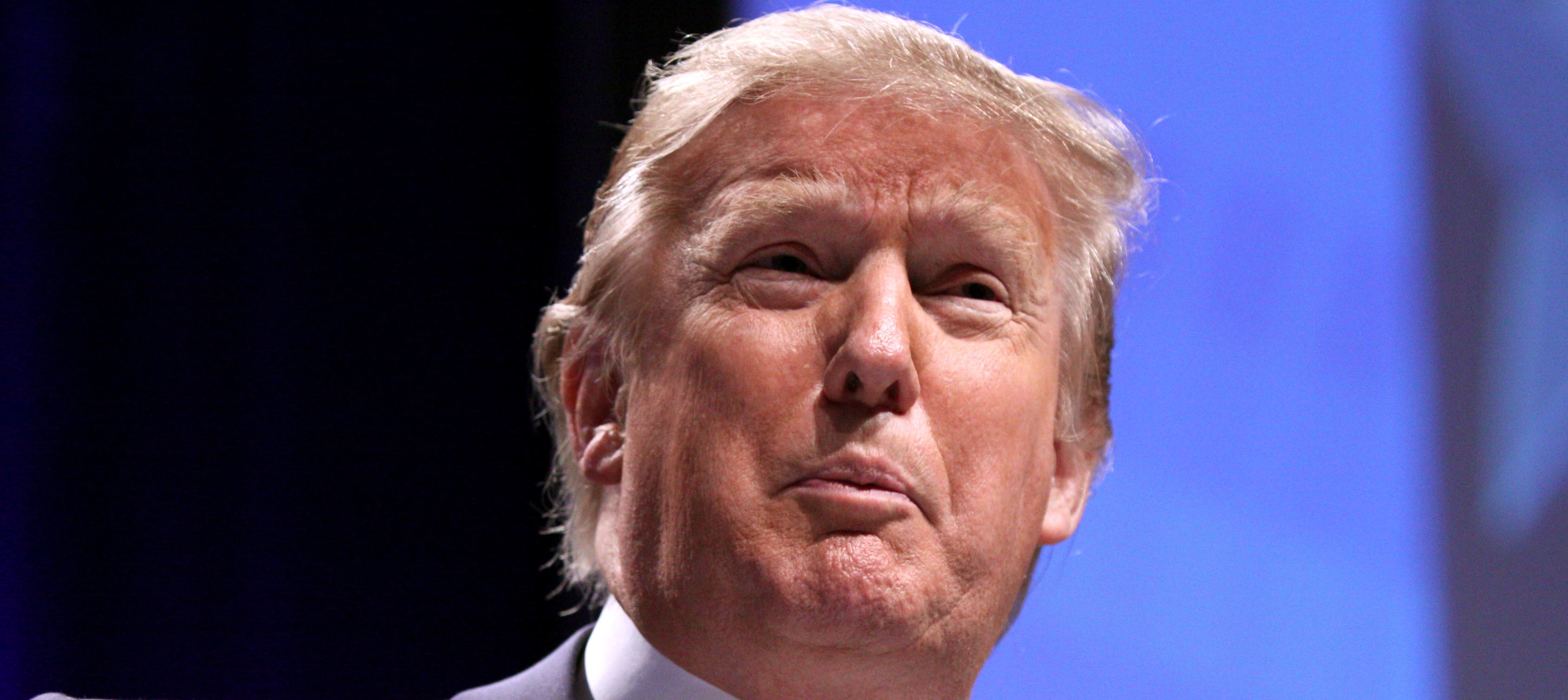
Michael J. Petrilli served at the U.S. Department of Education in the George W. Bush Administration. He is also president of the Thomas B. Fordham Institute, a research fellow at Stanford University's Hoover Institution and the executive editor of Education Next. An award-winning writer, Petrilli is also the author of The Diverse Schools Dilemma and editor of Education for Upward Mobility. He has published opinion pieces in the New York Times, Washington Post, Wall Street Journal, Bloomberg View and Slate, and appears frequently on television and radio. Petrilli helped to create the U.S. Department of Education’s Office of Innovation and Improvement, the Policy Innovators in Education Network, and, long, long ago, Young Education Professionals. He serves on the advisory boards of the Association of American Educators, MDRC, and the Texas Institute for Education Reform. Petrilli lives with his family in Bethesda, Maryland.
If you have a child with disabilities, you’re not alone: According to the latest data, over 7 million American schoolchildren — 14% of all students ages 3-21 — are classified as eligible for special...
The fight for educational equity has never been just about schools. The real North Star for this work is providing opportunities for each child to thrive into adulthood. This means that our advocacy...
The story you tell yourself about your own math ability tends to become true. This isn’t some Oprah aphorism about attracting what you want from the universe. Well, I guess it kind of is, but...
Your donations support the voices who challenge decision makers to provide the learning opportunities all children need to thrive.
Ed Post is the flagship website platform of brightbeam, a 501(c3) network of education activists and influencers demanding a better education and a brighter future for every child.
© 2020–2024 brightbeam. All rights reserved.